Understanding Colon Cancer
Colon cancer, also known as colorectal cancer, is becoming increasingly common across the globe. It develops in the colon, which is the longest section of the large intestine and plays a vital role in absorbing nutrients and water from digested food.
This type of cancer begins when abnormal cell growth occurs in the inner lining of the colon. Over time, these cells may form polyps, some of which can become cancerous if left untreated. In its early stages, colon cancer often goes unnoticed as it may not present any symptoms.
However, persistent changes in bowel movements — such as constipation, diarrhea, or blood in the stool — may signal a need for medical evaluation.
In addition to modern treatments, many individuals also explore Ayurvedic therapies for colorectal cancer, which offer a holistic approach aimed at supporting overall well-being and balancing the body naturally.
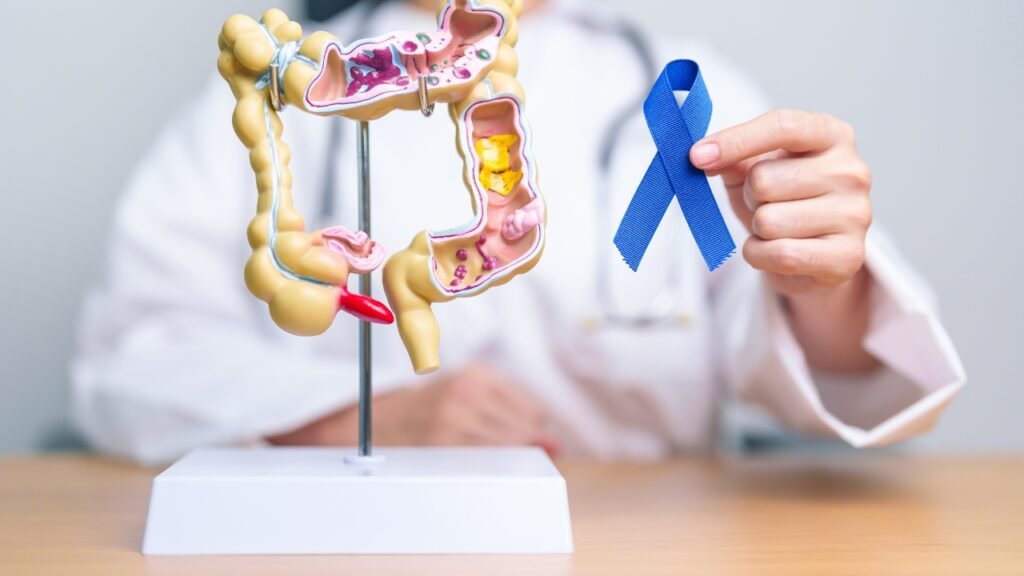
What Are the Causes of Colon Cancer?
Understanding the underlying causes of colon cancer is crucial in guiding effective treatment decisions. Like many other cancers, colon cancer originates from the uncontrolled growth of cells in the colon or rectum.
Normally, the body maintains a healthy balance where old cells die and new ones replace them. But in colon cancer, certain cells in the inner lining of the colon continue to divide and grow when they shouldn’t — sometimes forming polyps, which can turn cancerous over time.
Key Contributing Factors:
Unhealthy diet: Regular consumption of high-fat, low-fiber, or calorie-dense foods can lead to obesity, which is a known risk factor for colon cancer.
Processed and red meat: Eating processed meats like sausages, bacon, or lunch meats, as well as frequent consumption of red meat, has been linked to increased colon cancer risk.
Tobacco use: Smoking cigarettes, chewing tobacco, or even using e-cigarettes can raise the chances of developing colorectal cancer.
Polyps in the colon: Not all polyps are harmful, but certain types (like adenomatous polyps) may turn into cancer over time if not removed.

Recognizing the Symptoms of Colon Cancer
Identifying the early signs of colon cancer plays a key role in timely diagnosis and treatment. Many symptoms can be subtle at first, but when noticed and addressed, they can significantly improve outcomes.
Common Signs to Watch Out For:
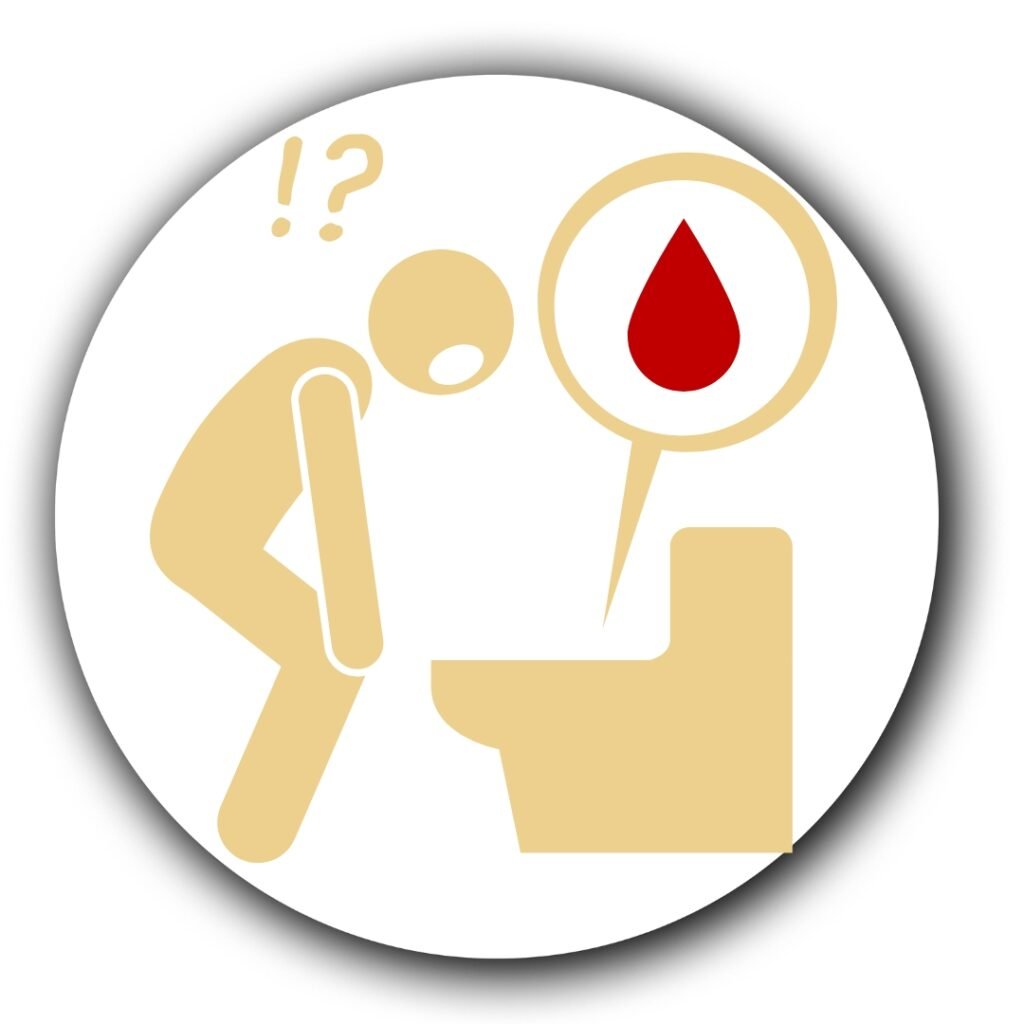
Blood in the stool:
This may appear as bright red streaks or darker, tar-like stools.
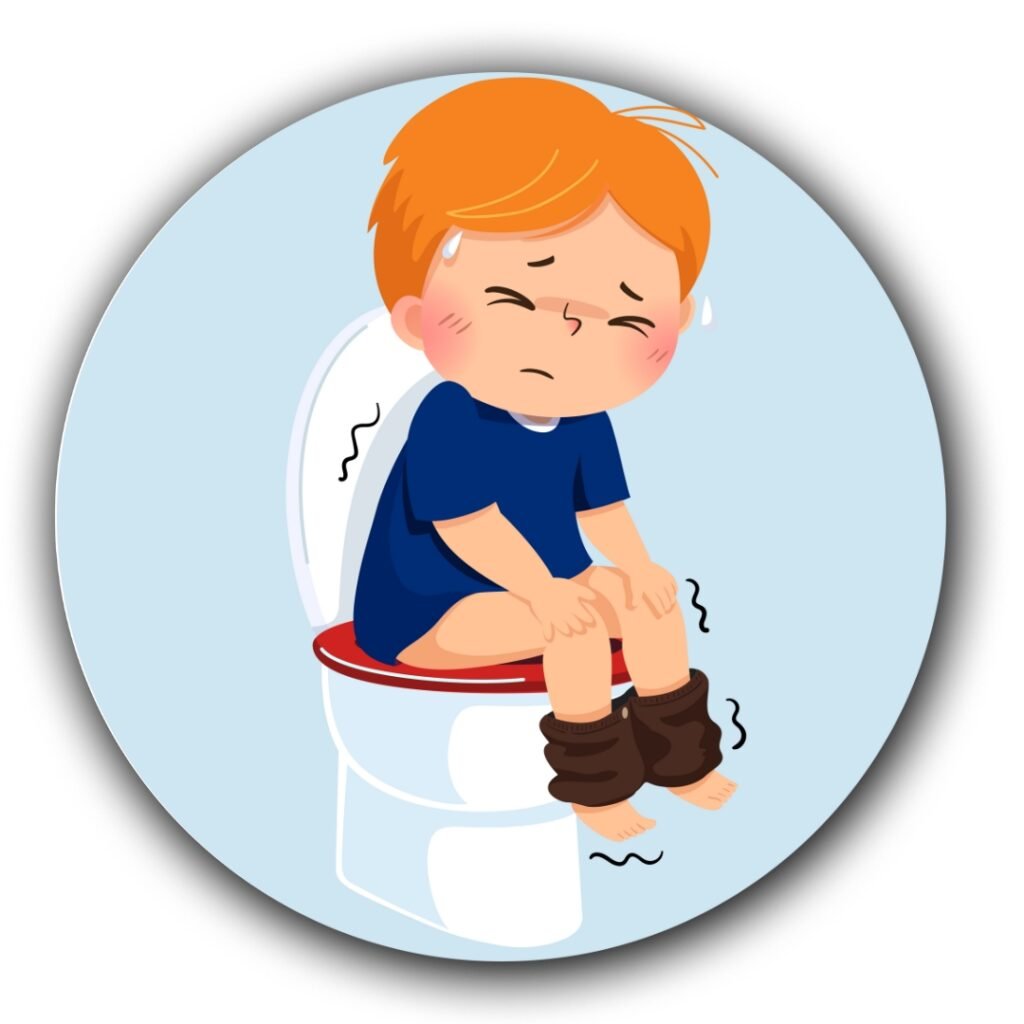
Persistent changes in bowel habits:
Including constipation, diarrhea, or a feeling that the bowel doesn’t empty completely.
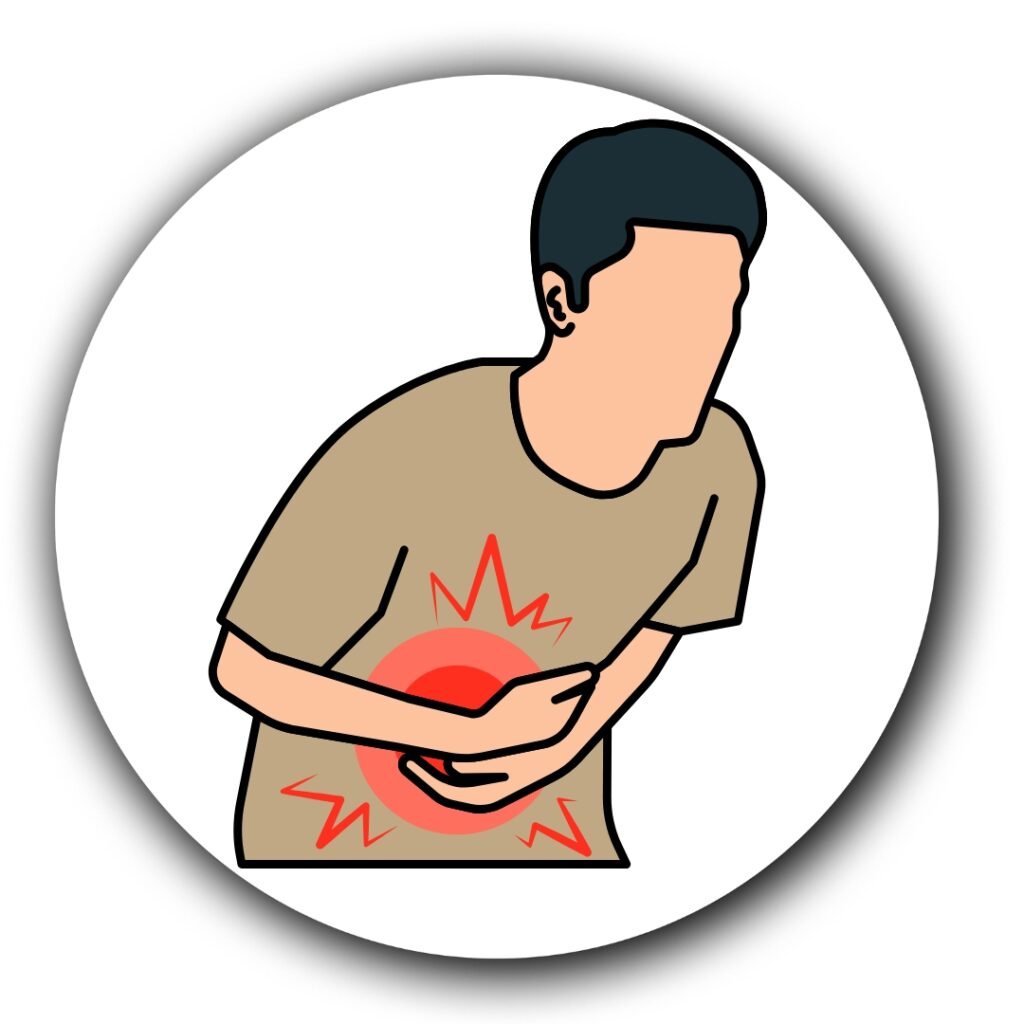
Abdominal discomfort:
Cramping, bloating, or general pain in the stomach area.
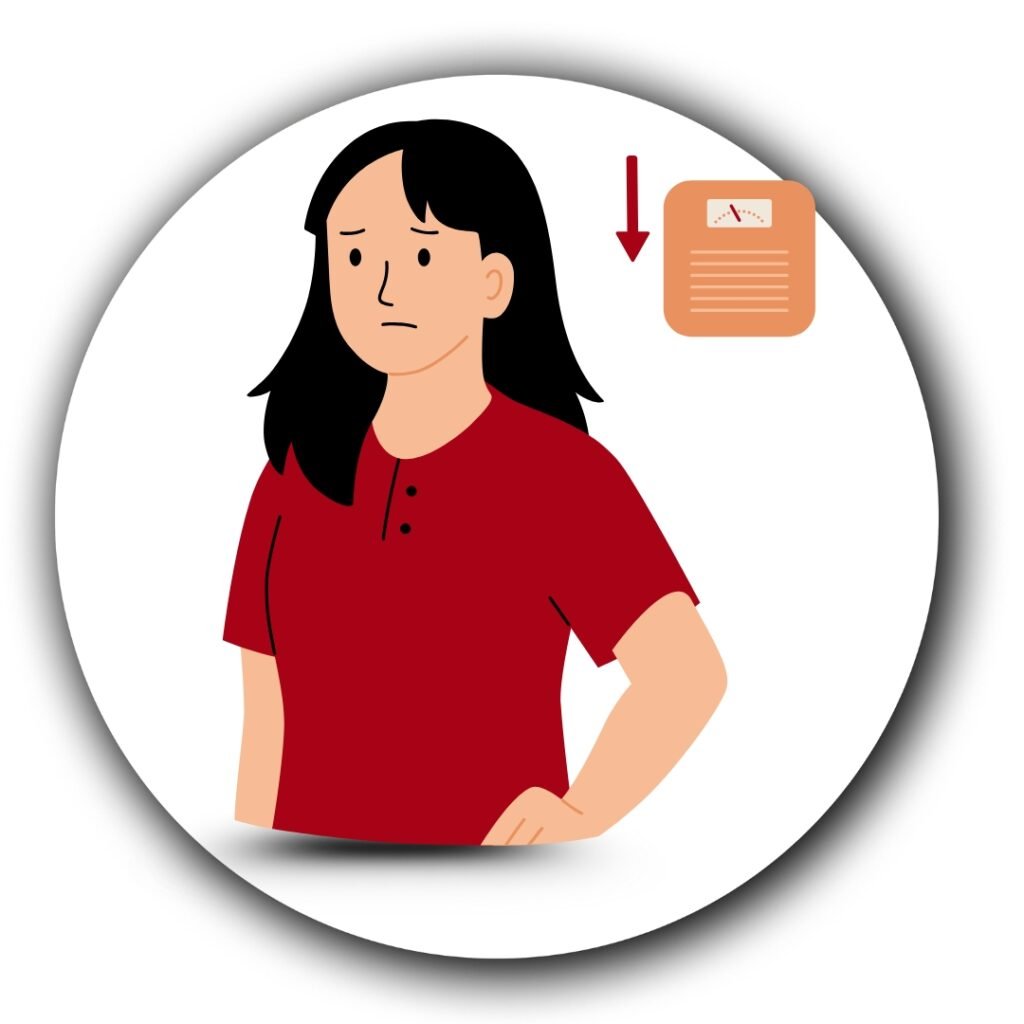
Unexplained weight loss:
Losing weight without any dietary or lifestyle changes.

Nausea or vomiting:
Often accompanied by a sense of discomfort or fullness.

Fatigue:
Ongoing tiredness that doesn’t improve with rest.

Shortness of breath:
Can occur due to internal bleeding leading to anemia.
Potential Complications of Colon Cancer
If left untreated or diagnosed at a later stage, colon cancer can lead to several serious complications that may impact overall health and quality of life. Recognizing and addressing these risks early is key to effective management.
Common Complications Include:
Bowel Obstruction: A growing tumor can block the colon, causing severe abdominal pain, constipation, and bloating. This may require urgent medical or surgical intervention.
Cancer Recurrence: Even after initial treatment, colon cancer can return in the same area or nearby tissues.
Metastasis: Colon cancer may spread to other parts of the body, such as the liver, lungs, or lymph nodes, making it more difficult to treat.
New Primary Cancer: In some cases, individuals may develop a second, unrelated colorectal cancer over time.
A New Approach to Cancer Healing
at Raghavan Cancer Care
At Raghavan Cancer Care, treatment goes beyond just managing cancer — it’s a complete journey toward physical, emotional, and spiritual wellness.

Metabolic Healing
Dr. Raghavan follows a powerful method inspired by Dr. Thomas Seyfried, focusing on the unique way cancer cells use energy. By supporting the body through special approaches like a ketogenic diet, this method offers a fresh direction in cancer care rooted in metabolic understanding.
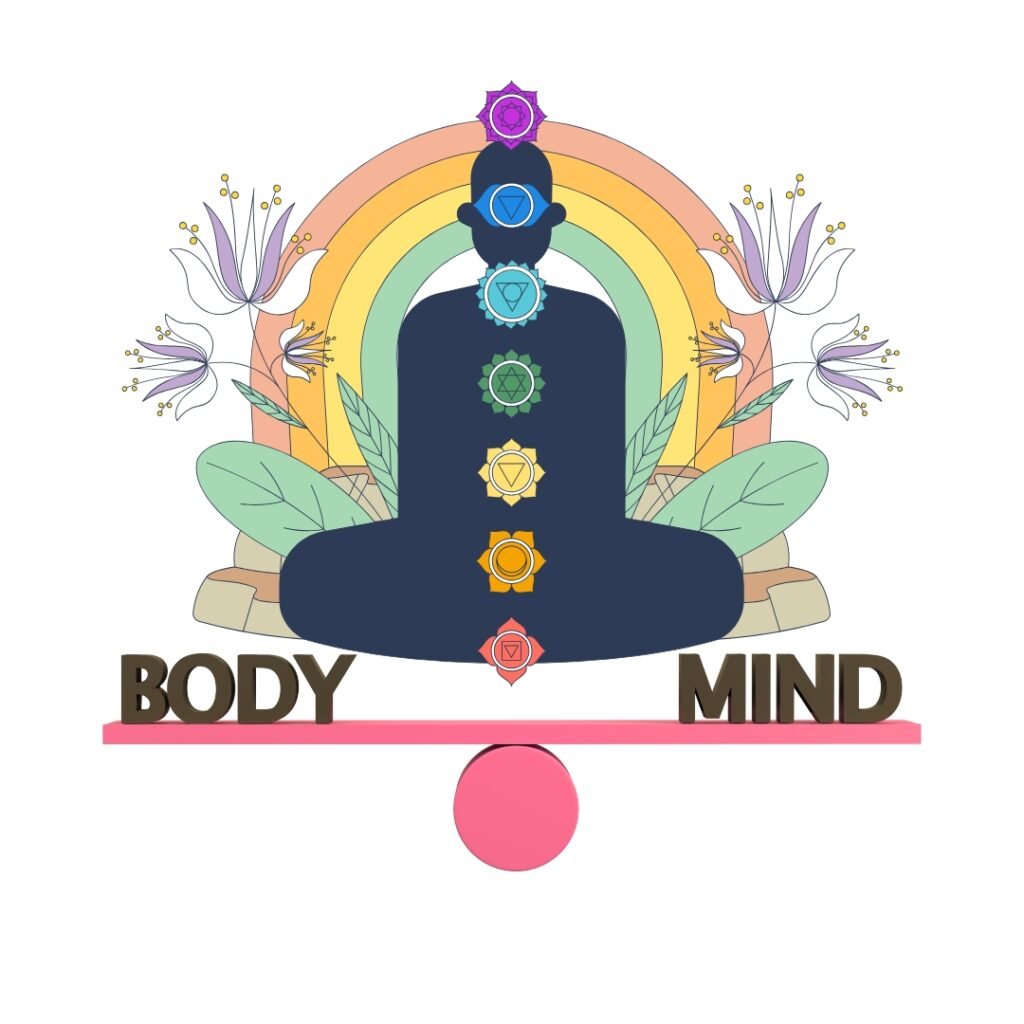
Mind-Body Balance
Taking inspiration from Dr. Joseph Mercola, our care also emphasizes the deep link between the mind, body, and spirit. At Raghavan Cancer Care, we believe that emotional and spiritual support is just as important as physical treatment in the healing process.

Food as Medicine
Dr. Wallach’s nutritional guidance has shaped our strong focus on diet. We promote clean, nutrient-rich meals and personalized nutrition plans to help strengthen the body and support recovery naturally.
